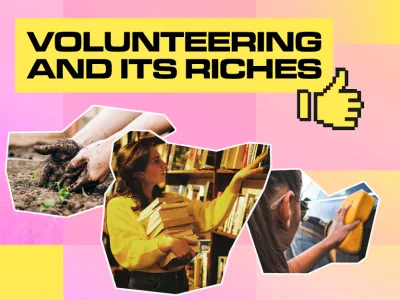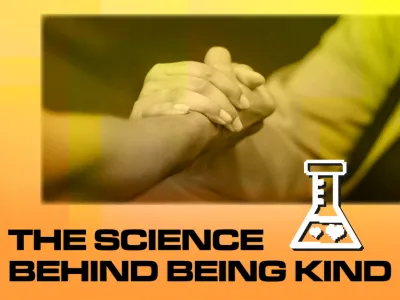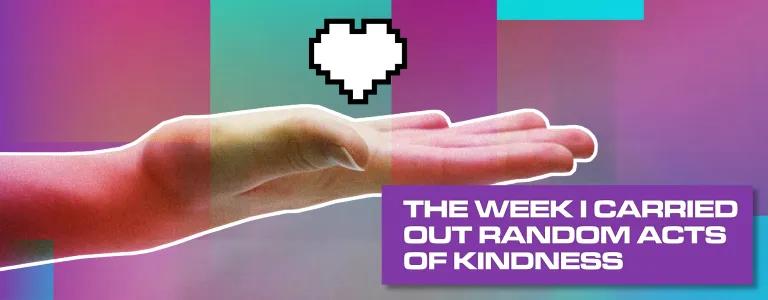
The Week I Carried Out Random Acts Of Kindness
Include this article in your Skills Builder Journal. It could help you develop...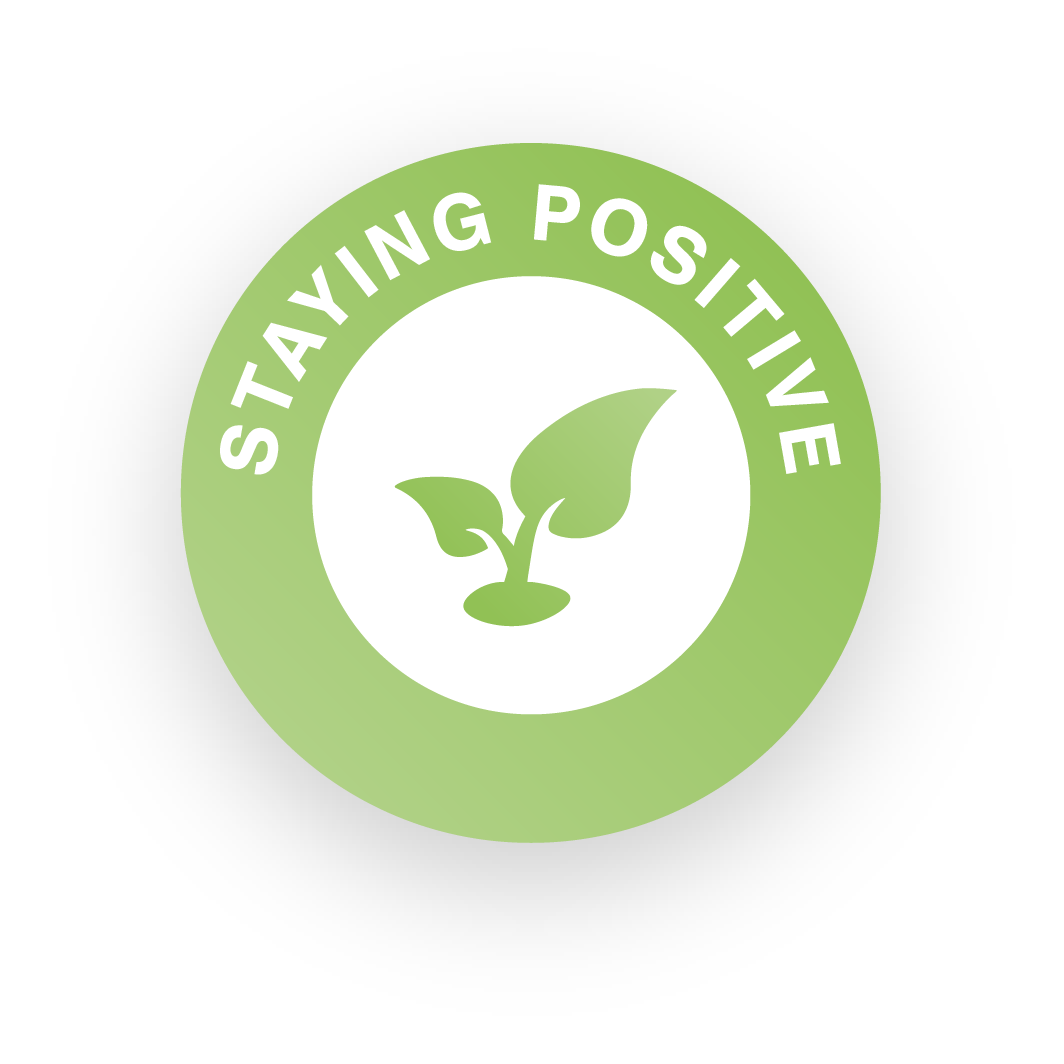

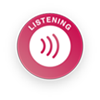
So you want to help people out? Maybe you want to do something kind for a friend or help a stranger in the supermarket, or if you like clichés, help an elderly woman across the street. However, what about if you aren’t consciously thinking about being kind because you want to be or because it will make you feel good? What if it is just a natural instinct to help others, even if it is simply in the smallest ways? You can view them as selfless good deeds, but these can often be conscious instead of occurring completely at random. These events are actually called random acts of kindness and are being celebrated on February 17 this year.

I took it upon myself, especially as a student and young person, who are often seen as rude or oblivious to their surroundings, to carry out these small but meaningful random acts of kindness for a week. My one problem was: how do you randomly do things when you are planning to write a blog about it afterwards? I decided it would be a better idea to have my friend and flatmate be on the lookout for if I did anything that could be classed as a random act of kindness. This would mean there would be less bias in my findings and would also show if I was a good person or not…I really hoped my findings would say I am!
I started recording my findings from January 31 and my friend was ready to pick up on my every move (it’s not like we’re stuck to each other’s sides already or anything!). My random acts of kindness started off with exactly what you would expect: holding doors open for people, offering to make people hot drinks when I was making one for myself, and passing people objects that were nearest to me. This showed that the week was starting off slow with not much happening and so my random acts of kindness were mirroring that and being very mundane and almost obvious. They were, however, true random acts of kindness because I did them subconsciously and didn’t even question or think about them, I just did them.
As the week progressed, more things happened because my week became busier and this gave scope for more random acts because I wasn’t just sat in a lecture or in my flat. I went to more places, for example coffee shops, and I bought my friends coffee. I went to a club where a girl I didn’t know wanted to tie her hair up so she wasn’t as warm and I offered her my hair bobble. She was very grateful, but I simply did this and didn’t think twice about it. I did feel good about it afterwards because she was so grateful, but when the act occurred, I wasn’t doing it to feel good, it was simply instinct.

The remaining random acts of kindness that occurred were quite mundane but I hope that they made a small difference to someone’s day. I always tell the man who serves us in our local corner shop to “have a good day” or “have a good rest of your night”. I spoke to a woman on the bus when she felt uncomfortable being near another passenger. Just simply talking to people in retail, hospitality and generally in a customer-facing job makes such a difference to people’s days. As I am not the best at talking to strangers in awkward situations, some of these acts were slightly conscious, as I had to muster up the courage to say something. But the interaction itself was still random and did turn out to be an act of kindness. We also worked out that we could class certain interactions as acts of kindness by monitoring people’s facial expressions, body language and speech. There is some bias there as some people could have been pretending to be happy at the interaction to end it quicker, but the majority we hoped were genuine.
To conclude, random acts of kindness can make a person’s day and make a much bigger impact than the effort put into them equates to. One way to look at it is that they are simply events or interactions that people carry out subconsciously to prevent an awkward or confrontational interaction from occurring. In my opinion, the best way to look at them is that they may be subconscious but they come from a place of good in people and shows the measure of a person. By holding that door open, giving that girl a bobble or being polite to others, you might make much more of an impact than you are aware of and this is why kindness, in whatever form, is always better than the alternative.


